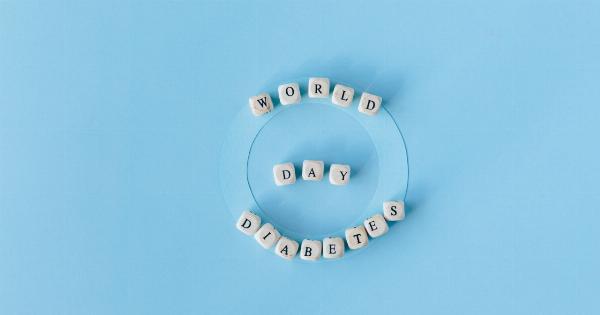Fluid retention, also known as edema, is a condition where there is an accumulation of excess fluid in the tissues of the body. This condition can occur anywhere in the body, but it is most commonly seen in the legs, feet, ankles, and hands.
There are many factors that can contribute to fluid retention, including certain foods.
1. Salt
Salt is a common ingredient in many processed foods and can contribute to fluid retention in the body. When you consume too much salt, your body attempts to dilute it by retaining water.
This can result in swelling and bloating, particularly in the lower extremities.
2. Processed Foods
Processed foods are full of sodium, which can lead to fluid retention in the body. These foods are often high in calories and low in nutrients, which can contribute to other health problems as well.
Eating a diet that is high in processed foods can also lead to weight gain, which can put additional pressure on the body’s circulatory system.
3. High-Sugar Foods
High-sugar foods can cause inflammation in the body, which can lead to fluid retention.
In addition to causing inflammation, these foods are often high in calories and can contribute to weight gain, which can put additional pressure on the body’s circulatory system.
4. Alcohol
Alcohol can lead to fluid retention in the body because it is a diuretic. This means that it causes the body to lose water, which can result in dehydration.
In an attempt to prevent dehydration, the body will retain water, which can lead to swelling and bloating.
5. Caffeine
Caffeine is a diuretic and can lead to fluid loss in the body. However, if you consume too much caffeine, it can lead to dehydration, which can cause the body to retain water. This can result in swelling and bloating.
6. High-Carb Foods
High-carb foods can cause the body to retain water. When you consume carbohydrates, the body breaks them down into glucose, which is then stored in the muscles and liver as glycogen.
For every gram of glycogen stored, the body also stores about 3 grams of water. This can lead to water retention in the body.
7. Dairy Products
Dairy products can contribute to fluid retention in the body because they are high in sodium.
In addition to contributing to fluid retention, dairy products are often high in calories and can contribute to weight gain, which can put additional pressure on the body’s circulatory system.
8. Red Meat
Red meat is often high in fat, which can contribute to weight gain. In addition to contributing to weight gain, red meat is also high in sodium, which can lead to fluid retention in the body.
9. Fried Foods
Fried foods are often high in sodium and fat, both of which can contribute to fluid retention in the body.
These foods are also high in calories and can contribute to weight gain, which can put additional pressure on the body’s circulatory system.
10. Canned Foods
Canned foods are often high in sodium, which can lead to fluid retention in the body. In addition to contributing to fluid retention, canned foods are often low in nutrients and can contribute to other health problems as well.
Conclusion
Fluid retention in the body can be caused by many factors, including certain foods.
Consuming a diet that is high in sodium, processed foods, high-sugar foods, alcohol, caffeine, high-carb foods, dairy products, red meat, fried foods, and canned foods can all contribute to fluid retention in the body. To reduce the risk of fluid retention, it is important to consume a diet that is rich in nutrients and low in sodium, sugar, and processed foods.






























